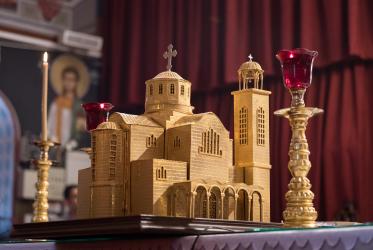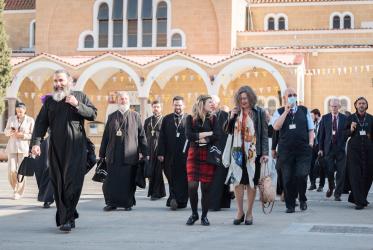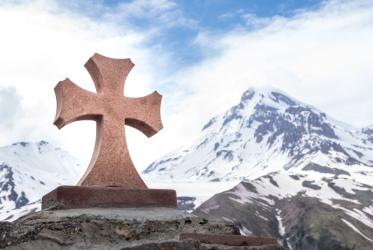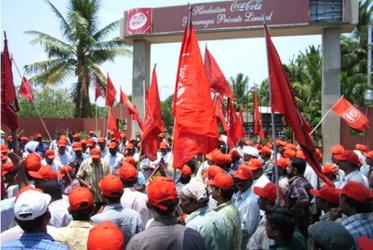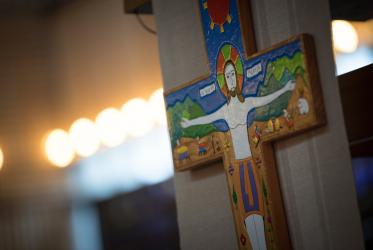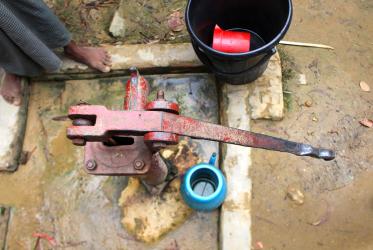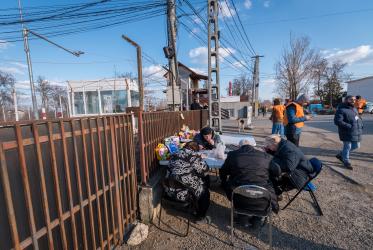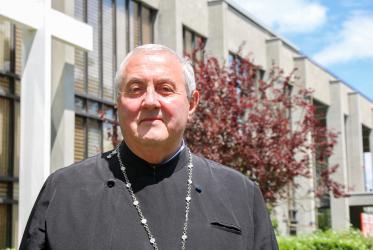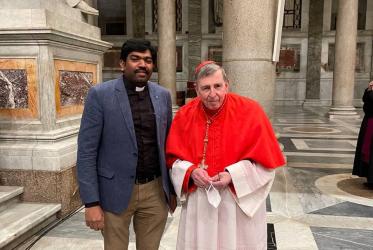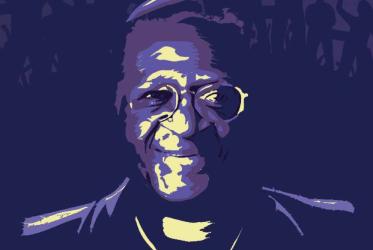Displaying 201 - 220 of 669
Groundwater is “a political question”
27 April 2022
Reflecting on principles for hybrid events
19 April 2022
WCC shares greetings with Jamaica Baptist Union
24 February 2022
Media invited to WCC central committee opening press conference
08 February 2022
Tutu’s legacy: A Zoom panel celebrating “the Arch”
03 February 2022

